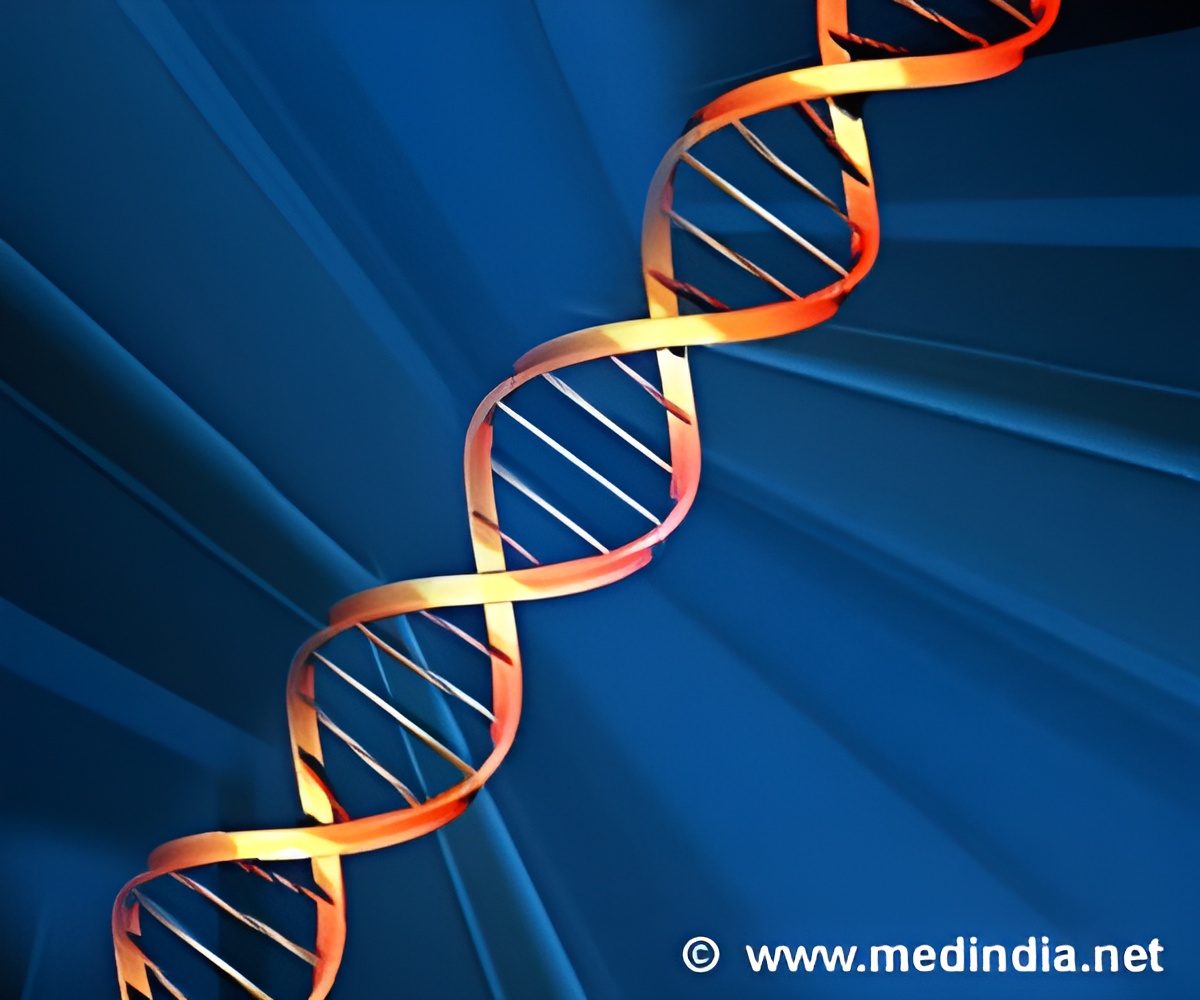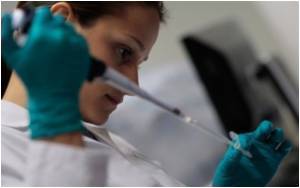
The opposite condition-insulin resistance which is a common feature of type 2 diabetes therefore the root cause of insulin sensitivity could provide new opportunities for following novel cure for diabetes.
PTEN- the tumour-suppressor phosphatase and tensin homologue has important role in both metabolic signaling and cellular growth.
The mutations in the PTEN gene result in increased risk of carcinoma and the biological pathways in which gene is involved promise better targets for new drugs.
The Oxford University researchers, along with colleagues at the Babraham Institute in Cambridge, UK, and the Churchill Hospital in Oxford, UK published their findings in the New England Journal of Medicine. This research was financially aided by the Wellcome Trust, the Medical Research Council, the National Institute for Health Research Oxford Biomedical Research Centre, and the Biotechnology and Biological Sciences Research Council.
Anna Gloyn of the Oxford Centre for Diabetes, Endocrinology and Metabolism at the University of Oxford, the lead author of study said, 'Insulin resistance is a major feature of type 2 diabetes.
'Finding a genetic cause of the opposite -- insulin sensitivity -- gives us a new window on the biological processes involved. Such understanding could be important in developing new drugs that restore insulin sensitivity in type 2 diabetes.'
Dr Aparna Pal from the University of Oxford said, 'PTEN is a gene that is heavily involved in processes for both cell growth and metabolism.'
'Given PTEN's dual role, we were interested in understanding the metabolic profile of people with Cowden syndrome. It was possible that mutations in PTEN could improve metabolism.'
The research team conducted glucose tolerance tests with 15 volunteers with Cowden syndrome and 15 controls. People with Cowden syndrome had remarkably high insulin sensitivity. Along with their colleagues at the Babraham Institute, the experts revealed that it was due to raised activity in the insulin-signaling pathway.
The experts observed that that body mass index of individuals with Cowden syndrome was more than that of the controls. A comparison was drawn with a large group of over 2,000 volunteers from the Oxford Biobank, a data and tissue resource for research established by Professor Fredrik Karpe.
This validated that those with Cowden syndrome had more chances of obesity than the controls. The additional body weight was responsible for the cause of excess fat and no substantial differences were seen in where the fat was accumulated as compared to controls.
Professor Karpe mentioned, 'This was a surprise. Normally insulin sensitivity goes with being lean.'
Dr Gloyn finally said, 'We now know that mutations that inactivate the PTEN gene result in increased cancer risk and obesity, but also increase insulin sensitivity which is very likely to protect against type 2 diabetes.
'The study shows how intimately the biological pathways governing cell growth and metabolism are linked. We need to thoroughly understand these pathways to identify which genes to target in the development of new drugs.'
She further added, 'While there are promising research avenues to pursue here, in the meantime the best way to avoid diabetes remains exercising more and eating less.'
Reference:
PTEN Mutations as a Cause of Constitutive Insulin Sensitivity and Obesity; Aparana Pal et al; N Engl J Med 2012; 367:1002-1011
Source-Medindia














